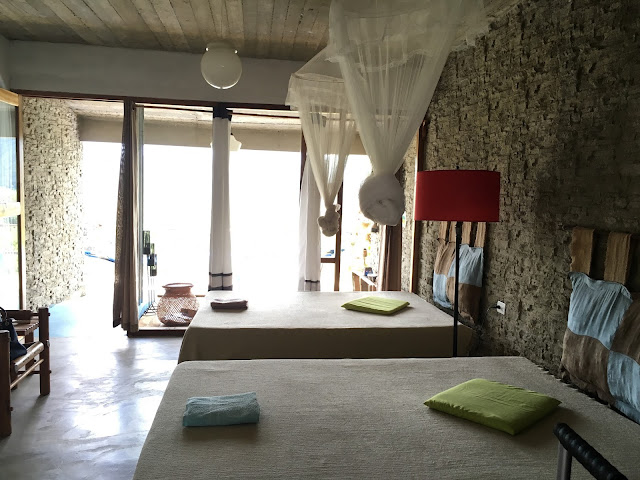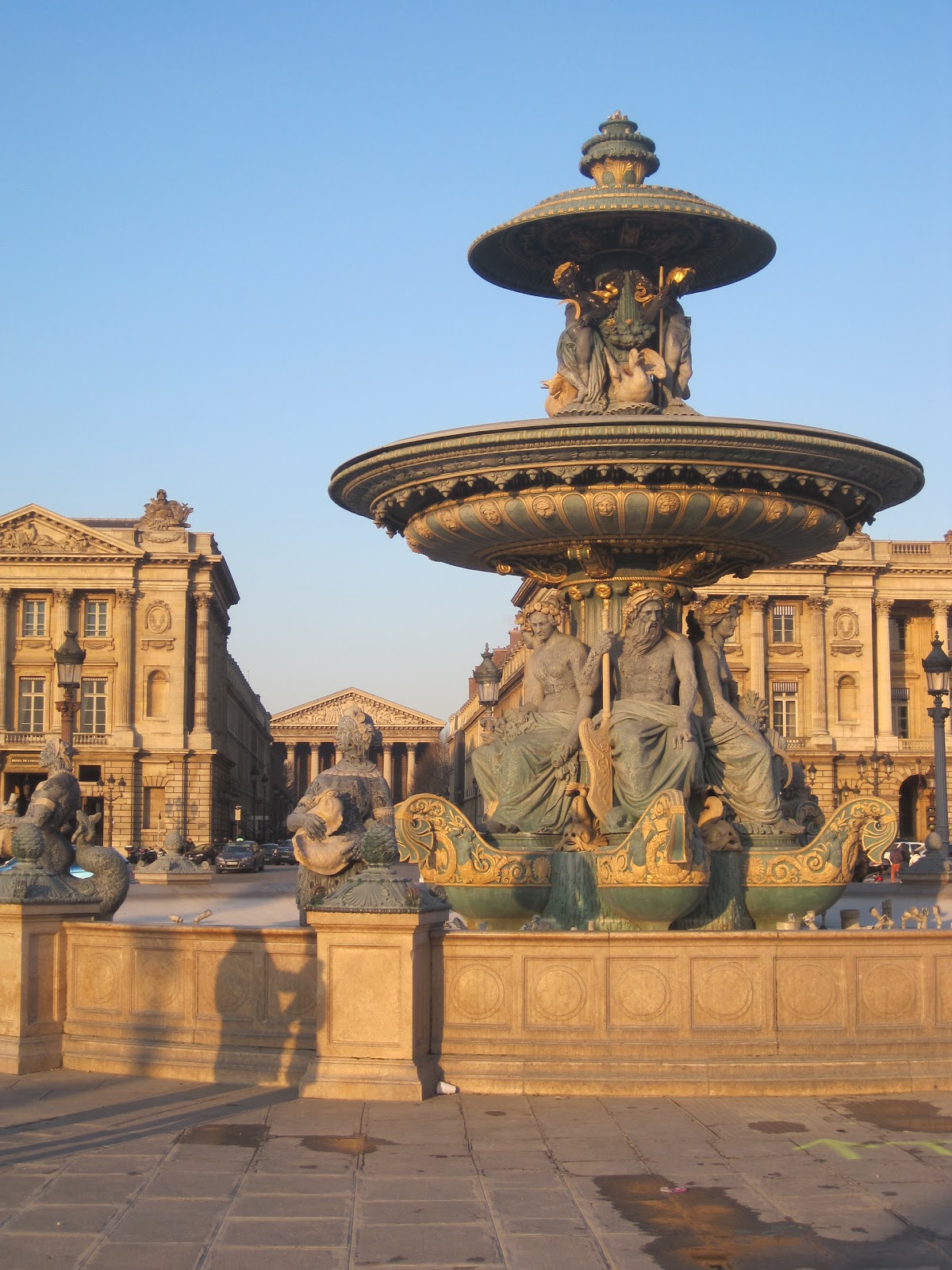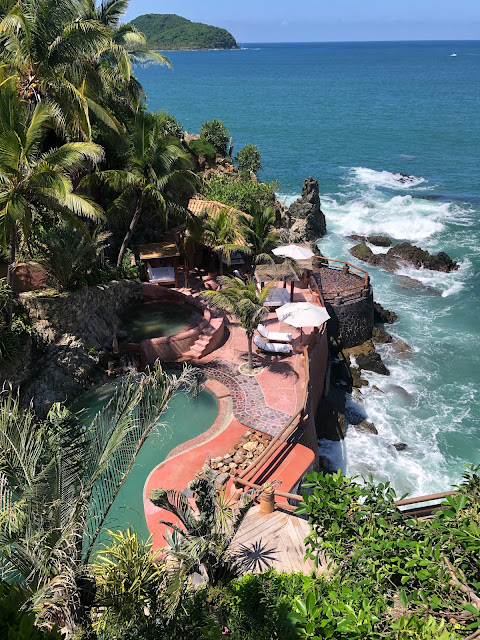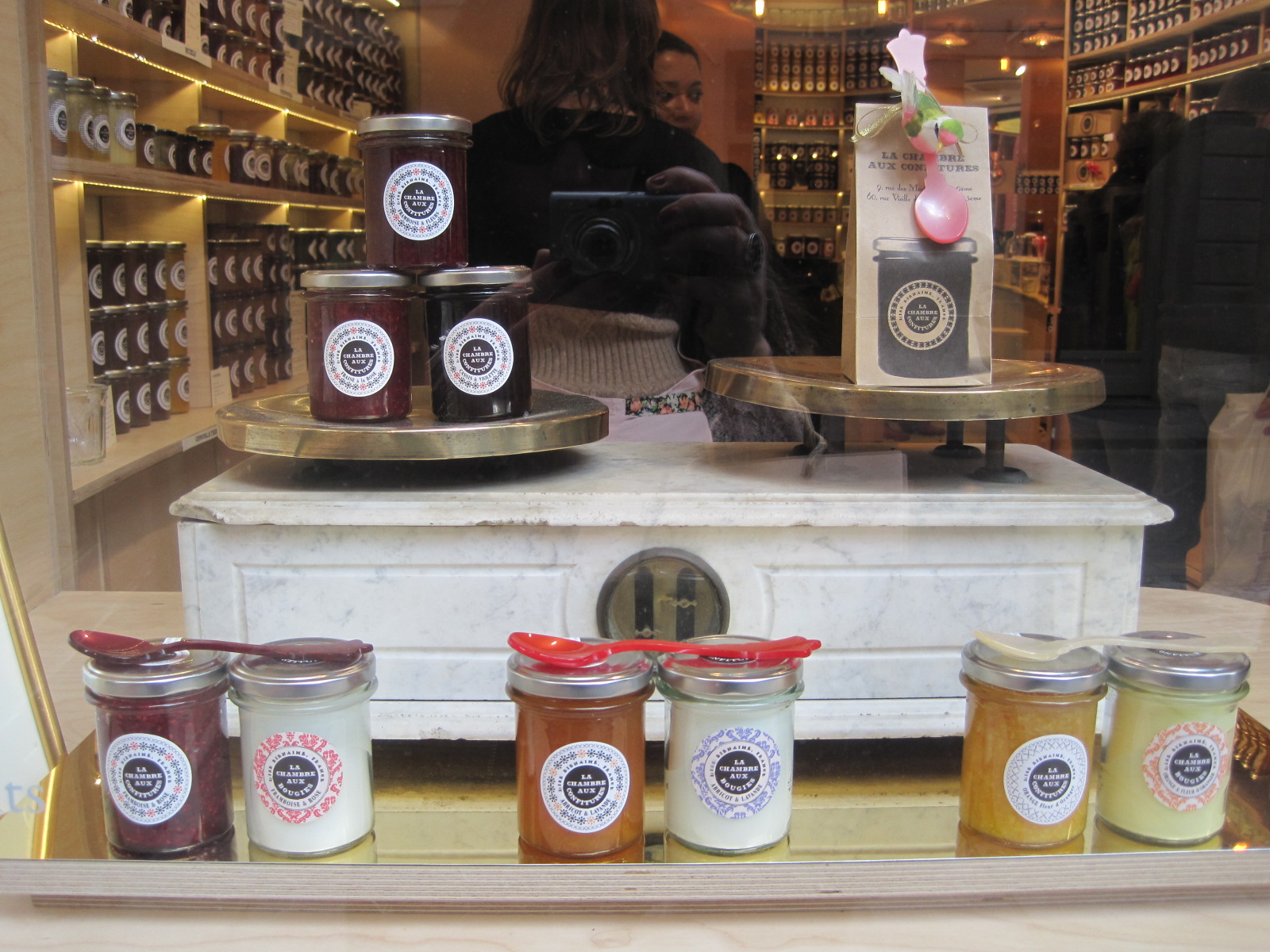Tobacco Country - Cuban Style
I highly recommend you spend a couple of nights in the beautiful Vinales region, the center of tobacco production in Cuba. However, as with everything on our trip, we had to be flexible and work around what was available, particularly because we planned our holiday at the last minute. So the message is in Cuba you need to plan in advance if you're particular about where you want to say. We were lucky, after scouring Airbnb we ended up with two one night stays (which we generally avoid) one outside Pinar del Rio and one in the Vinales Valley. Given our limited time this gave us some variety in the itinerary and worked out well.
Our first stop was a delightful cabin built on a tobacco farm outside Pinar del Rio. A few years ago the government opened up select tobacco plantations to tourists and this is one of the only ones were you can stay the night. Essentially it's a farm stay, or agritourismo as the Italians call it. The small blue and white cabin on the left is where we stayed and it had lovely views over the small stream to the tobacco fields across the way. On the right you can see a larger open wooden structure where they host larger groups for day trips and where we sat and had sundowners before dinner.
We had the farm entirely to ourselves. This is a simple place but it's a great for a one night stay. The cabin has a private bathroom, a double bed downstairs and two twins upstairs. You arrive in the afternoon have something to eat and tour the farm whenever it suits, we took our tour the next morning after breakfast. Unfortunately the owner was in Havana for one of the important tobacco fairs but they took good care of us in his absense. We knew nothing about the government organized Ruta Tobacco until we got there but it's a great way to see something of the countryside and to learn about the tobacco economy.
They showed us how a cigar is rolled and made a cigar for D. to try, this place is clearly a paradise for cigar hounds. What is ideal about visiting the plantation is that a one night stay is enough time to give you an idea of how things work. It was magical to have the place to ourselves and it made for a personalize and individual experience - which I'd highly recommend.
Practical Matters: The tour is included but you'll pay a little extra for breakfast and dinner. To book contact Dayan on Airbnb. I found him very helpful and he organized a car and driver for a couple of days for us (Havana-Pinar del Rio- Vinales-Cienfuegos) which made the trip very easy. You could certainly drive yourself in Cuba, though currently I'm not sure it's a much cheaper option. Both of the properties we visited cost more than your average Cuban bed and breakfast (which ranges from $30-45) however, I'd highly recommend spending the small amount extra which was well worth it for the comfort and experience.
The next day we set off for the nearby town of Vinales which several friends had recommended. I'd say this place qualifies as what my friend Sandra called a, "banana pancake town". You know the kind of place? Somewhere you'll find avocado toast, granola, banana pancakes or whatever the latest food craze is that will make backpackers, or other tourists, feel comfortable and at home. Vinales may be a small Cuban town but it's one that knows how to speak to a foreigner sensibility and their currently making a good living doing it. There are lots of cash particular and you'll certainly find somewhere to stay. However, I was glad that we'd opted to stay out of town at a delightful case particular (or homestay) I'd found on Airbnb. As you can see the view was spectacular!
We had the farm entirely to ourselves. This is a simple place but it's a great for a one night stay. The cabin has a private bathroom, a double bed downstairs and two twins upstairs. You arrive in the afternoon have something to eat and tour the farm whenever it suits, we took our tour the next morning after breakfast. Unfortunately the owner was in Havana for one of the important tobacco fairs but they took good care of us in his absense. We knew nothing about the government organized Ruta Tobacco until we got there but it's a great way to see something of the countryside and to learn about the tobacco economy.
It was fascinating to learn about the number of days it takes tobacco to grow and how the government regulated and controls both the agricultural production of tobacco and the manufacture and sale of cigars. This is a government controlled industry. Individual producers may be known and ranked by magazines like Cigar Aficionado who covered Hector Luis Prieto and this farm in a 2011 issue but it is the government that regulates, grades and controls the end product. The farms themselves are one of the few private industries in Cuba, returned to the farm owners in the 1990s. However, the tobacco is sold to the government and cigar production is centralized - so while Hector Luis may be recognized for the quality of the tobacco he produces you will not find artisanal cigars manufactured under his name.
I know nothing about cigars, and I don't smoke, so perhaps it made no sense to have gone out of our way to stay at this farm. However, I really enjoyed the opportunity to see something of rural Cuba. The setting is delightful and the open barn like structure reminded me of the bombas you see on safari in southern Africa. The farm included a menagerie of peacocks, goats, horses and sheep which went back and forth over the small wooden bridge below and I was charmed to sit out in the evening and watch them all.
In the waning light we walked over the bridge into the tobacco fields, passing a small shrine to the great Cuban hero, journalist and poet, Jose Marti. Written on the simple stand were the words "Las revoluciones son esteriles cuando no se firman con la pluma en las escuelas y con el arado en el surcor" which I believe translates to, "Revolutions are sterile when not signed with pen in schools and with the plow in the furrow". For all of the limits tragedies and inefficiencies of the Cuban system I admire the efforts of the Cuban people to move towards equality in a world where our economic disparities are increasing daily. And, having visited Cuba I wonder what will be lost there when the pivot to capitalism completes?
D. complained that while the cigar was good it was going to take an age to smoke it! Unfortunately I wasn't going to be any help with that task, I didn't drink beer in 40 degree heat at Lake Kariba and I didn't smoke a cigar in Cuba - I think I can say unequivocally say that having turned down these opportunities I'll never become a beer drinker or cigar smoker!
The next day we took the formal tour and saw the drying barns which reminded me of driving through rural Tennesse and Zimbabwe which are both big tobacco producers. I'd never thought of tobacco as being cured, or aged, and I hadn't realized that they used different leaves for the inside and outside of the cigars. Apparently the leaves on the outside require a particular plasticity. The atmosphere inside the barn was distinct, dark with a pungent earthy tone with hundreds of pounds of tobacco hung off a series of horizontal beams. It smelt wonderful.They showed us how a cigar is rolled and made a cigar for D. to try, this place is clearly a paradise for cigar hounds. What is ideal about visiting the plantation is that a one night stay is enough time to give you an idea of how things work. It was magical to have the place to ourselves and it made for a personalize and individual experience - which I'd highly recommend.
Practical Matters: The tour is included but you'll pay a little extra for breakfast and dinner. To book contact Dayan on Airbnb. I found him very helpful and he organized a car and driver for a couple of days for us (Havana-Pinar del Rio- Vinales-Cienfuegos) which made the trip very easy. You could certainly drive yourself in Cuba, though currently I'm not sure it's a much cheaper option. Both of the properties we visited cost more than your average Cuban bed and breakfast (which ranges from $30-45) however, I'd highly recommend spending the small amount extra which was well worth it for the comfort and experience.
I'd highly recommend this place and the delightful owner Aracely - it's ideal to stay here if you have access to a car and you'll find it close to the Vinales Valley National Park Information Office where they have details on the geology and all the local hiking trails. The quality of the accommodation was far superior to the other casa particular we saw.
Our room was set apart slightly from the main house and stylishly furnished with a delightful terrace and a charming stone shower. Frankly it was hard to tear ourselves away from the incredible view of the karst formations that dominate the Vinales valley.
As you can see the landscape is breathtaking, there are lots of hiking trails as well as opportunities to ride the trails on horseback. Unfortunately it was painfully hot in late May and we managed only a short saunter down to the valley floor. Given the weather, the one night stay worked for us but at another time of year I would have liked at least three nights in Vinales to take advantage of walking in the valley.
Bringing Cigars home: When we returned to the US the immigration officer saw the Cuban and Mexican stamps in our passports and asked whether we'd brought any Cuban cigars home with us. His main concern was had we bought them in Mexico City or Cuba? It seemed like a trick question to me and I would have said Mexico but D. is rigorously honest and said we'd brought them home from Cuba. The immigration guy smiled and said, "Good answer!" Astonishingly it turns out that it's legal to bring a small number of cigars back from Cuba as a tourists, but illegal to import Cuban cigars into the US from a third country like Mexico, apparently because they are still covered under the embargo!
So go to Cuba, enjoy the country and bring home cigars you bought right on the plantation where the tobacco is grown.
So go to Cuba, enjoy the country and bring home cigars you bought right on the plantation where the tobacco is grown.
























Comments
Yikes that's a long way for a day trip but it sure is a beautiful place. I recommend both of the places we stayed but the view from the second one was incredible. I'll try the beer you recommended when we make it back there. Cheers!